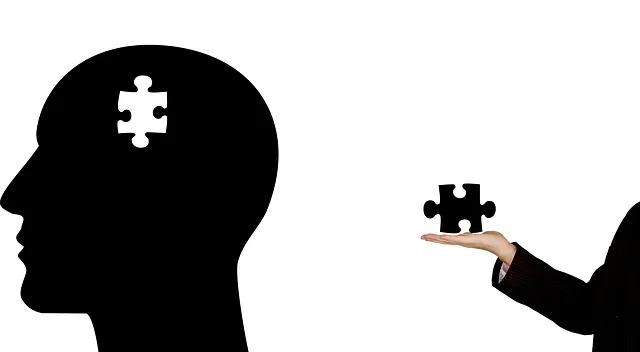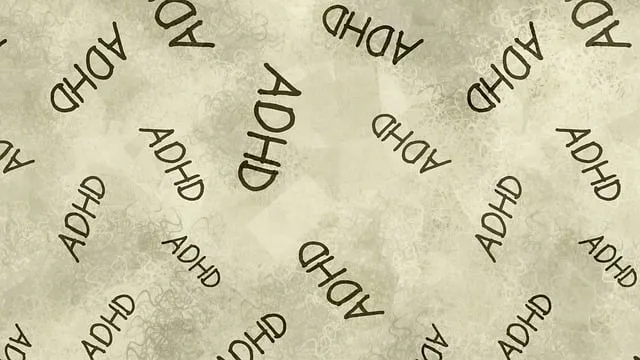Cultural sensitivity in mental healthcare, as demonstrated by Centennial Kaiser Permanente through its dedicated phone line, is crucial for personalized care. It involves understanding and respecting diverse cultural backgrounds, beliefs, and experiences to meet unique needs. Integrating trauma support and burnout prevention for staff and patients creates an inclusive environment, improving well-being and relationships between healthcare providers and diverse patient populations. This holistic approach improves patient outcomes, reduces professional burnout, and fosters compassionate, culturally tailored care.
“Navigating cultural sensitivity in mental healthcare is paramount to ensuring equitable patient outcomes. This comprehensive guide explores the intricate relationship between cultural competence and improved mental health results, backed by best practices from industry leaders like Centennial Kaiser Permanente.
We delve into strategies for healthcare providers to integrate cultural sensitivity, highlighting their success through a case study of their accessible mental health phone number. Discover how this approach fosters trust and enhances care delivery for diverse patient populations.”
- Understanding Cultural Sensitivity in Mental Healthcare
- The Impact of Cultural Competence on Patient Outcomes
- Strategies for Integrating Cultural Sensitivity in Practice
- Centennial Kaiser Permanente's Approach to Mental Health Care and its Phone Number Access
Understanding Cultural Sensitivity in Mental Healthcare

Cultural sensitivity in mental healthcare is a critical aspect that goes beyond treating symptoms. It involves understanding and respecting patients’ diverse cultural backgrounds, beliefs, and experiences to provide personalized care. This approach ensures that individuals from various ethnic, racial, or socioeconomic groups receive support tailored to their unique needs. At organizations like Centennial Kaiser Permanente, the mental health phone number serves as a gateway for many seeking help, making it essential to have culturally sensitive practices in place.
By integrating trauma support services and burnout prevention strategies for healthcare providers, mental health facilities can foster an inclusive environment. These initiatives promote stress management workshops that teach both patients and staff effective coping mechanisms, enhancing overall well-being. Such approaches not only benefit individuals but also contribute to a more harmonious relationship between healthcare providers and diverse patient populations.
The Impact of Cultural Competence on Patient Outcomes

Cultural sensitivity plays a pivotal role in shaping positive patient outcomes within mental healthcare. When mental health professionals are culturally competent, they create an inclusive and understanding environment for patients from diverse backgrounds. This approach ensures that individuals receive tailored care addressing their unique cultural needs, beliefs, and values. For instance, a provider’s awareness of specific cultural practices related to mental illness can foster open communication and facilitate more effective treatment planning.
At the Centennial Kaiser Permanente mental health phone number, we recognize that cultural competence is not just a service but a necessity. By integrating cultural sensitivity into practice, we aim to reduce barriers associated with mental illness stigma reduction efforts. This comprehensive approach extends to depression prevention initiatives, empowering patients to manage their moods more effectively while respecting their cultural identities. Such tailored care can significantly impact patient satisfaction and overall well-being.
Strategies for Integrating Cultural Sensitivity in Practice

Integrating cultural sensitivity into mental healthcare practice involves a multifaceted approach tailored to understand and respect diverse patient backgrounds. One key strategy is active listening, where providers create a safe, non-judgmental space for patients to express their unique perspectives shaped by their culture, beliefs, and experiences. This involves paying attention not just to words but also nonverbal cues, and asking open-ended questions to clarify and confirm understanding.
Additionally, educating oneself about various cultural practices, values, and taboos is essential. Resources like the Centennial Kaiser Permanente mental health phone number can guide practitioners in navigating sensitive issues. Incorporating mind over matter principles focusing on emotional regulation techniques adaptable to diverse cultures can foster a sense of safety and empowerment among patients. This holistic approach not only enhances patient outcomes but also prevents burnout, as it equips mental health professionals with the cultural intelligence needed to provide compassionate, effective care.
Centennial Kaiser Permanente's Approach to Mental Health Care and its Phone Number Access

Centennial Kaiser Permanente has been at the forefront of providing accessible and culturally sensitive mental health care services. Their approach emphasizes community engagement and a holistic understanding of well-being, ensuring that diverse populations receive tailored support. By integrating traditional healing practices with evidence-based therapies, they foster an inclusive environment where individuals from various cultural backgrounds can find relief from anxiety and develop effective coping skills.
One key aspect of their service is the convenient access to mental health phone numbers, allowing individuals to reach out for assistance promptly. The dedicated hotline offers a safe space for people to discuss their concerns and connect with professionals who understand the nuances of different cultures. This initiative promotes self-care practices and empowers individuals to take charge of their mental health journey while providing them with valuable resources for coping skills development.
Cultural sensitivity is a cornerstone of effective mental healthcare, significantly impacting patient outcomes. As discussed, understanding diverse cultural contexts and integrating these insights into practice benefits both patients and providers. Centennial Kaiser Permanente’s approach, exemplified by its accessible mental health phone number, underscores the importance of addressing cultural barriers to care. By adopting strategies that enhance cultural competence, mental health professionals can ensure inclusive and compassionate services, fostering better engagement and positive results for a diverse range of clients.






